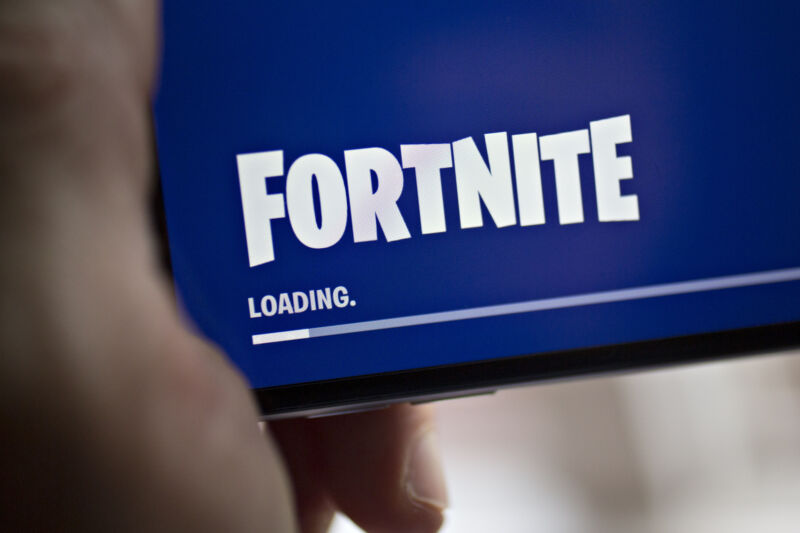The Epic v. Apple case could hinge on the definition of the “marketplace”

Enlarge / A Fortnite loading screen displayed on an iPhone in 2018, when Apple and Epic weren't at each other's legal throats. (credit: Andrew Harrer | Bloomberg | Getty Images)
After three weeks of wide-ranging (and often meandering) witness testimony and questioning, today's closing arguments in the Epic Games Inc. v. Apple Inc. trial focused on two crucial and highly technical legal questions: what is the relevant competitive market and what should the court do if Apple is found to be unfairly monopolizing that market?
For Epic, the market in question in this case is simply the market for apps on iOS. In this market, Epic argues, Apple clearly has monopoly control, since iOS users can't legitimately download apps or make in-app purchases without using Apple's App Store.
But Apple said that's the wrong way to look at the world iOS operates in and that the company already faces "massive competition on a worldwide scale." That includes mobile competition from Android (which has a much larger worldwide market share) and gaming competition from consoles, PC storefronts like Steam, and more.
Read 21 remaining paragraphs | Comments